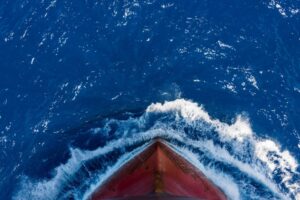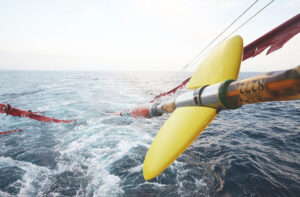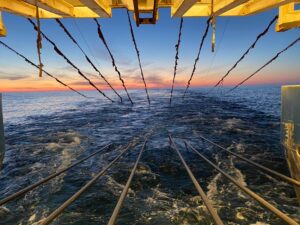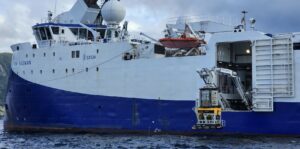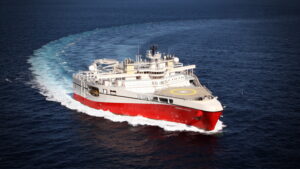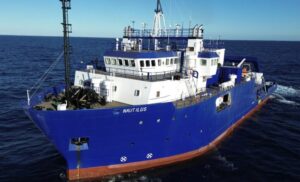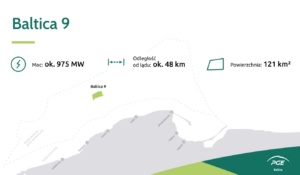Shearwater buys Schlumberger’s seismic fleet
Marine seismic company Shearwater GeoServices has announced the completion of the acquisition of the marine seismic acquisition assets and operations of WesternGeco, the geophysical services product line of Schlumberger.
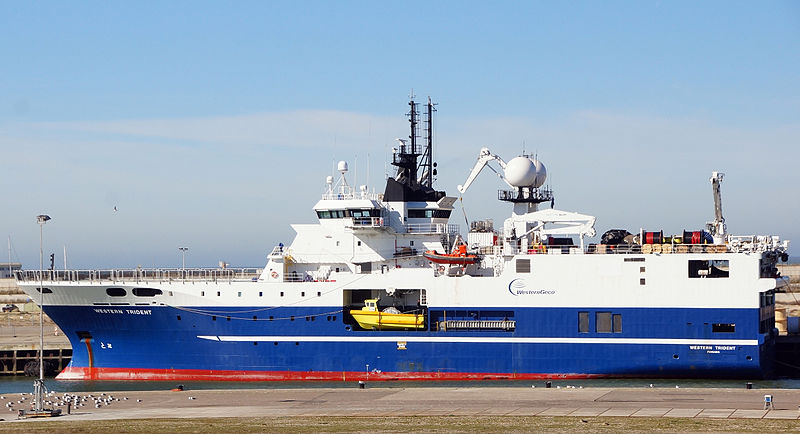
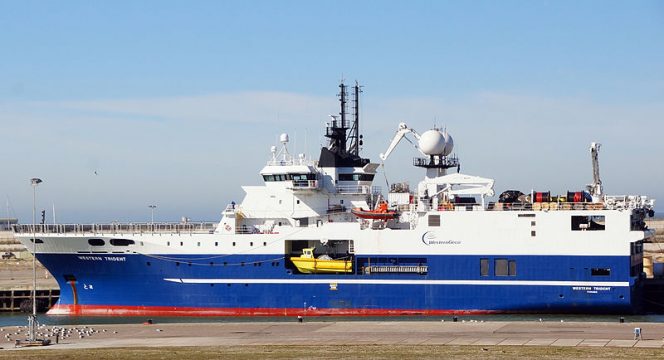
As previously reported, Schlumberger in January announced the intention to sell the business of marine and land seismic acquisition, and the deal with Norway’s Shearwater was struck in August.
Under the terms of the agreement, Shearwater acquired 10 high-end seismic acquisition vessels, including seven 3D vessels and three multipurpose vessels (MPVs) configured to serve the growing OBS market, 12 complete streamer sets with spares, as well as two source vessels. The transaction also includes WesternGeco proprietary marine seismic technology, as well as development and manufacturing facilities in Norway and Malaysia.
Schlumberger received cash consideration based on an enterprise value of USD 600 million plus a 15% post-closing equity interest in Shearwater GeoServices Holding AS.
Following the completion, Shearwater has three owners with RASMUSSENGRUPPEN AS holding 65%, GC Rieber Shipping ASA 20% and Schlumberger 15%.
“The transaction makes Shearwater a global, customer-focused and technology-driven provider of marine geophysical services, which owns and operates a fleet of 14 fully equipped seismic vessels.”
Shearwater said on Thursday: “The transaction makes Shearwater a global, customer-focused and technology-driven provider of marine geophysical services, which owns and operates a fleet of 14 fully equipped seismic vessels offering a full range of acquisition services including 3D, 4D and ocean bottom seismic. The company also holds a portfolio of proprietary streamer technology and processing software enabling effective execution of geophysical surveys and delivery of high-quality data. Shearwater has close to 600 employees and operates in all major offshore basins around the world.”
“We are now an industry-leading full-range geophysical services company with a solid financial and strategic platform. We are eager to move ahead as one strong combined business with global reach, critical mass, and long-term viability and look forward to providing our customers with high-quality acquisition services and technologies”, says Irene Waage Basili, the CEO of Shearwater.
The transaction makes Shearwater a global, customer-focused and technology-driven provider of marine geophysical services, which owns and operates a fleet of 14 fully equipped seismic vessels offering a full range of acquisition services including 3D, 4D and ocean bottom seismic (OBS), Shearwater said.
“We welcome all our new colleagues and are ready to immediately start supporting our customers as one company”, said Irene Waage Basili. “Since announcing the transaction in August, we are very happy to have received only positive feedback and support from our customers.”
Going asset light
As for WesternGeco, the company will continue to be involved in the seismic business, however, in processing of the data and not in the acquisition.
Announcing the Shearwater deal back in August, Maurice Nessim, President, WesternGeco said the sale of the marine seismic acquisition business would strategically position WesternGeco “as one of the largest asset-light geophysical services providers in the oil and gas industry.”
“Through access to the industry’s global marine fleet, including Shearwater’s vessels, we will continue to provide our customers with exploration and discovery services that leverage our leading global multiclient library, advanced seismic imaging and interpretation services, with the aim of helping to accelerate hydrocarbon discovery,” Nessim said in August.
Taking a cue from Schlumberger, another marine seismic giant – CGG -has recently announced the decision to go asset light.
The French company on November 7 said it had decided to reduce its exposure to the acquisition business, which has been impacted over the years by structural industry overcapacity, lack of differentiation, commodity pricing and a heavy fixed cost base.
CGG plans to adjust to a three-vessel fleet in 2019 and find a strategic partnership to cost-efficiently operate and control the vessels. In the land business, CGG plans to exit the market after a wind-down period. Finally, CGG plans to market its multi-physics business for sale, and monetize when suitable.
Offshore Energy Today Staff

